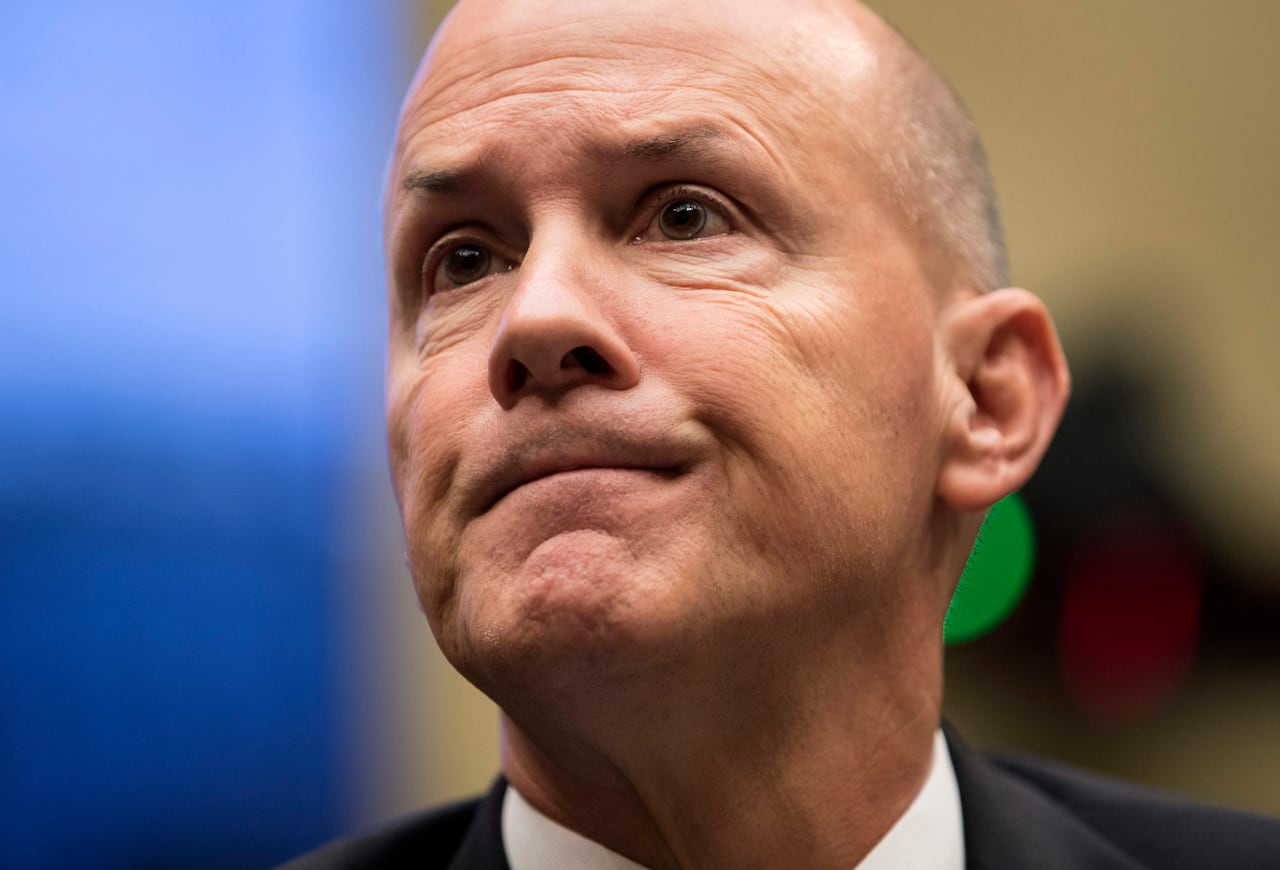'Disturbed and violated': Canadian mother and son fall victim to Equifax hack

Robin Harvey knows from her experience as a consumer reporter that monitoring your credit files is important. Which is why, in 2013, the Toronto woman signed herself and her son up with Equifax Canada.
Fast forward four years and Harvey and her son find themselves in the middle of the Equifax hack nightmare. The high-profile data breach compromised the data of 8,000 Canadians and 145.5 million people in the United States.
Harvey is the first Canadian affected to speak publicly about the breach. She spoke with As It Happens guest host Helen Mann about the ordeal and how she and her son are coping. Here is part of their conversation.
Ms. Harvey, what did you think when you first heard about this Equifax hack?

Did it ever occur to you that you might have been one of its victims?
Not at the beginning, then they announced later that there were Canadians and Britons. Then my son came to me in September when they'd announced there were Canadians. He listens to a lot of podcasts and said, "What do you think about of this?"
Then I thought, well, you get to a certain age where you can't worry about something unless you know it's really going to happen. He said, "We had some dealings with them." I said, "Yeah, I know we did. But if it happens, it happens. But until then, fine."
- AS IT HAPPENS: Monopoly Man' photobombs former Equifax CEO
So how did you learn that things were not fine?
He had a letter dated Oct. 13th telling him, basically, the information. I used to do work as a consumer reporter and a number of other things, so I said, "Come over here tomorrow, bring the letter, we'll look at it and figure out a plan." I went downstairs to go to the drugstore next door to photocopy his letter, opened up my mailbox, and there was my letter.
What did it say about the kind of information that was compromised?

Is there, in that list, something that concerned you more than the other things?
My social insurance number and my birth date. You put that together with a name and you have the ability to open up a bank account in my name and use it for any purposes whatsoever.
Why did you sign up with the credit monitoring program in the first place, back in 2013?
At that time, I was looking for an apartment. I'd sold a home, closed a bunch of accounts, and my son was graduating from university. He'd just graduated and I was pretty much saying this is what fiscally responsible people do. They monitor these things.
So you encouraged him to do this?
Yes and then what happened is Equifax was offering a deal at the time. For an extra $15 you could add a family member. So, I said to my son, "I will add you." It made sense. I thought it was the right thing to do. Had I an idea or inkling that I'd be opening us both up to the exact opposite, the lack of security, you could have hit me over the head with a frying pan.
What have you had to do to track what's happened to your reputation?
First I tried calling the Equifax line. They give you a line to call. They were not helpful. I got a young man who I believe was very well-intentioned. I asked a few questions and he said, "We don't have those answers now." I'm thinking, "Why did you send letters out to people and set up this before you have someone who can answer the questions?" I called the privacy commissioner's office to find out if they had any advice. They don't really. At this point they are doing an internal investigation.
When you're in this position you feel very disturbed and violated.- Robin Harvey, Equifax hack victim
I got my credit report from TransUnion. I have my old Equifax report from 2013. Lo and behold, my credit score is down and I find a mysterious account, a personal line of credit at a separate financial institution that has been reopened, which I closed. I have to go in there now and bring all this stuff and say, "What is going on?" I said to them, "Look, the last activity on this was Jan. 30, 2006. It's now 11 years later. I've never heard anything from you." It could be just an error on the part of the financial institution or on the part of TransUnion. There are any number of explanations. But when you're in this position you feel very disturbed and violated.

In prepared testimony at the Senate hearing on the Equifax breach the former CEO, Richard Smith, he apologized. He also said that human error and technology failures were what were responsible for this breach. What do you make of that?
My understanding is that they were alerted that there was a security patch that needed to be installed in March and they did not. The time estimate for the hack, at least the first big American one that affects half the population, is May. Then they start talking about Canadians and Britons by the end of July. Now, they've taken until October to get back to people. I don't think this is human error. I think this is just a lax and lazy company.
You have made it clear how you're dealing with all of this. How is your son coping?
Not well. He's coming over with his computer tomorrow. He was initially quite, quite devastated. He's a young person. He's an artist, finances are tight for people in that position, and it was really, really hard for him.
This interview has been edited for length and clarity. For more on this story, listen to our full interview with Robin Harvey.